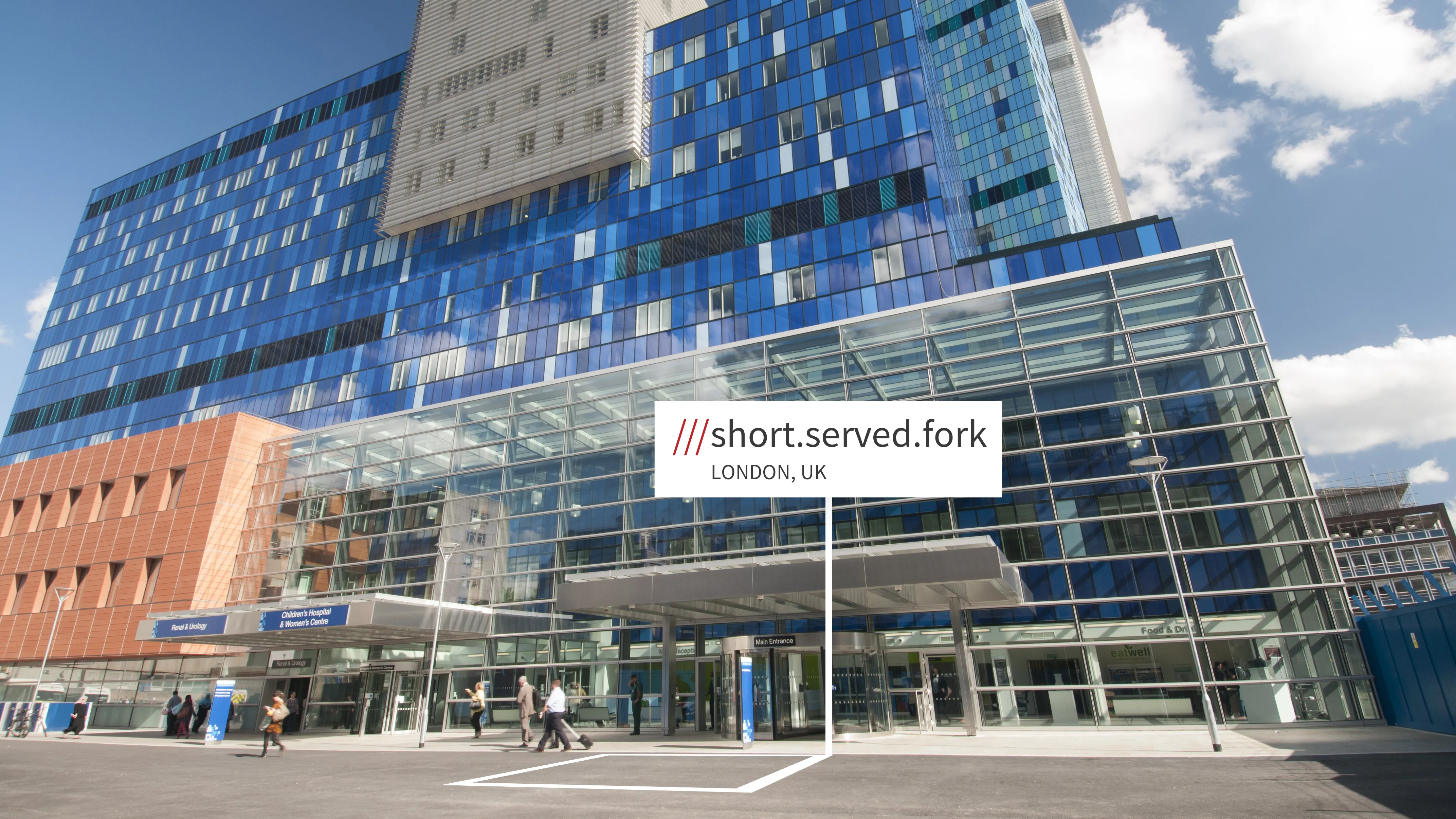New research from Research and Markets indicates that the overall traffic management market, which stands at a total revenue of US$2,580 million in 2013, is expected to grow to US$12.69 billion at a CAGR of 37.5 per cent from 2013 to 2018.
Traffic management reduces congestion and promotes a regular flow of traffic. Traffic management also proves to be money saving as it reduces the wastage of fuel. It decreases the carbon emissions from the vehicles and thus supports to keep our environment clean. Trans
November 11, 2013
Read time: 2 mins
New research from 7527 Research and Markets indicates that the overall traffic management market, which stands at a total revenue of US$2,580 million in 2013, is expected to grow to US$12.69 billion at a CAGR of 37.5 per cent from 2013 to 2018.
Traffic management reduces congestion and promotes a regular flow of traffic. Traffic management also proves to be money saving as it reduces the wastage of fuel. It decreases the carbon emissions from the vehicles and thus supports to keep our environment clean. Transport management systems (TMS) have been created to generate solutions for traffic management with the advances in information and communication technology (ICT).
The traditional traffic management solutions have just reduced time and money wastage due to congestion while present technologies in TMS allow the users to plan their journeys in advance, finding the shortest route in real-time situation, provides help on demand during the journey, and reduces the carbon footprint; thus making commuting a hassle-free and enjoyable experience. The initiatives taken by government to implement TMS by executing various projects and schemes have improved the traffic management in various countries. Transportation and traffic management in any region is distinguished by the governance, economical and environmental advantages, advancement in technology and better social standards.
TMS is also giving rise to other individual traffic management devices, solutions and services, such as intersection controllers, above ground and in-road sensors, CCTV and ANPR systems and variable message signs, which support traffic management. These solutions are also advantageous for better management of resources and time due to the application of intelligent and advanced technologies.
The growing popularity of traffic management is due to the reduction in the volume of vehicles' travel time and connectivity in the modes of transportation which has helped in improving traffic flow. The overall market revenue is estimated to be US$2.58 billion in 2013; the major contributors being: US$955.1 million from North America, US$762.1 million from Western Europe and US$499.0 million from APAC.
Traffic management reduces congestion and promotes a regular flow of traffic. Traffic management also proves to be money saving as it reduces the wastage of fuel. It decreases the carbon emissions from the vehicles and thus supports to keep our environment clean. Transport management systems (TMS) have been created to generate solutions for traffic management with the advances in information and communication technology (ICT).
The traditional traffic management solutions have just reduced time and money wastage due to congestion while present technologies in TMS allow the users to plan their journeys in advance, finding the shortest route in real-time situation, provides help on demand during the journey, and reduces the carbon footprint; thus making commuting a hassle-free and enjoyable experience. The initiatives taken by government to implement TMS by executing various projects and schemes have improved the traffic management in various countries. Transportation and traffic management in any region is distinguished by the governance, economical and environmental advantages, advancement in technology and better social standards.
TMS is also giving rise to other individual traffic management devices, solutions and services, such as intersection controllers, above ground and in-road sensors, CCTV and ANPR systems and variable message signs, which support traffic management. These solutions are also advantageous for better management of resources and time due to the application of intelligent and advanced technologies.
The growing popularity of traffic management is due to the reduction in the volume of vehicles' travel time and connectivity in the modes of transportation which has helped in improving traffic flow. The overall market revenue is estimated to be US$2.58 billion in 2013; the major contributors being: US$955.1 million from North America, US$762.1 million from Western Europe and US$499.0 million from APAC.







